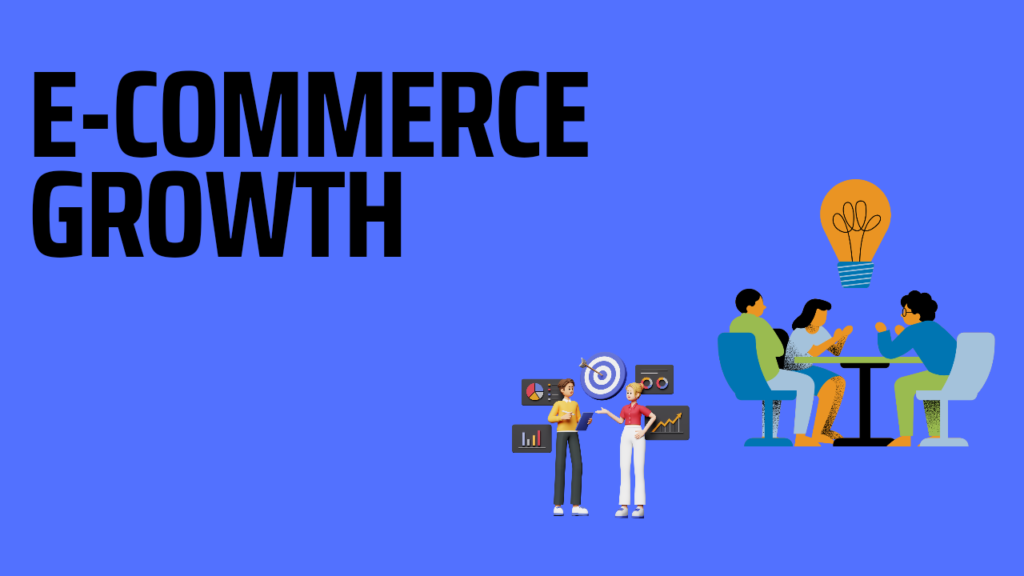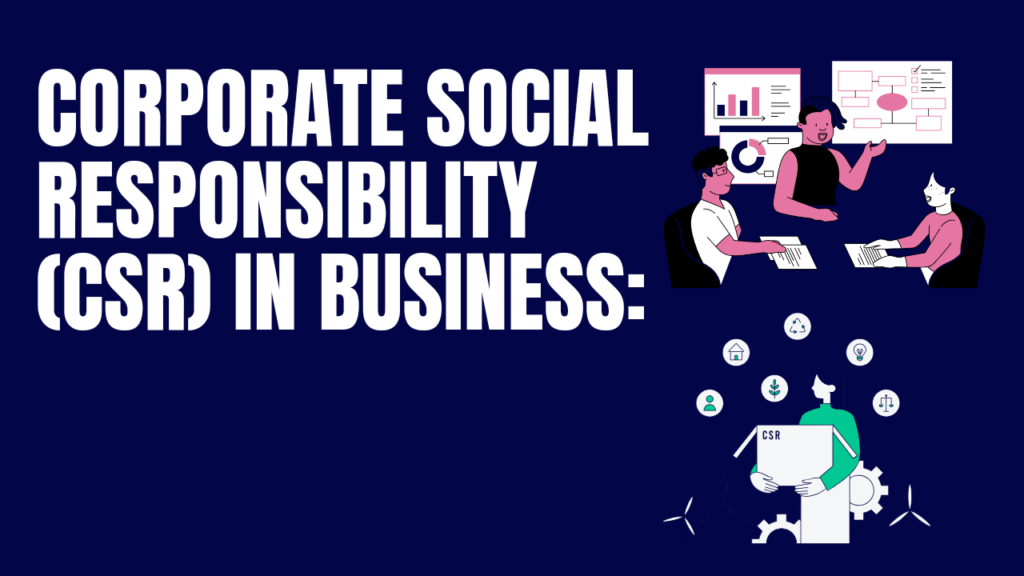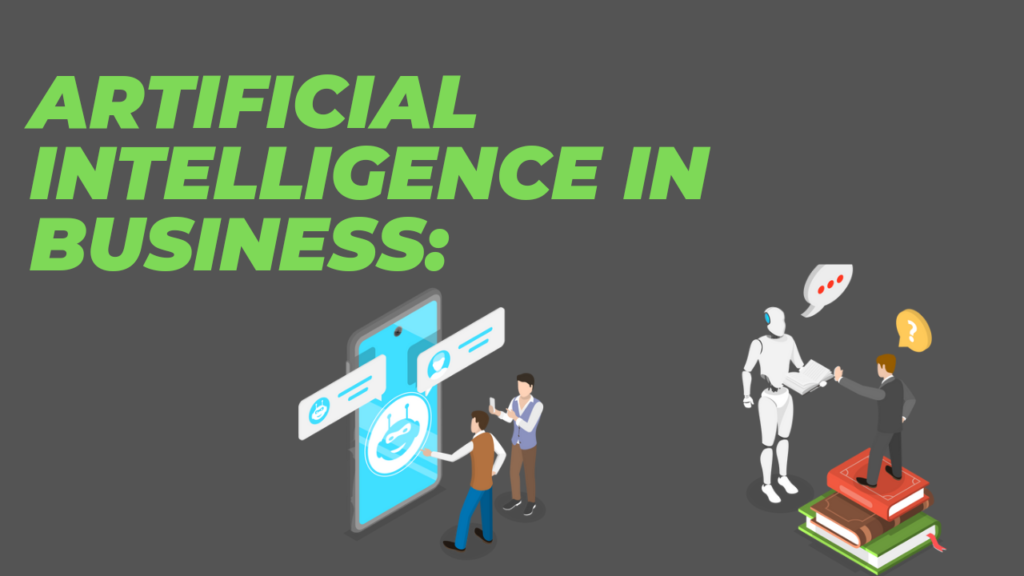MARKETING STRATEGIES

Certainly! Here are a few marketing strategies that businesses often use:
- Digital Marketing: Utilizing online channels such as social media, email, and search engines to reach a wider audience.
- Content Marketing: Creating and sharing valuable content to attract and engage target audiences, building brand authority.
- Social Media Marketing: Leveraging platforms like Facebook, Instagram, Twitter, and LinkedIn to connect with customers and promote products or services.
- Influencer Marketing: Collaborating with influencers or industry leaders to reach their followers and enhance brand credibility.
- Search Engine Optimization (SEO): Optimizing website content to improve its visibility on search engines and drive organic traffic.
- Email Marketing: Sending targeted emails to potential or existing customers to nurture relationships, share updates, and promote products.
- Guerrilla Marketing: Unconventional and creative marketing tactics that often rely on surprise and interaction to grab attention.
- Affiliate Marketing: Partnering with individuals or other businesses to promote products, earning commissions for sales generated through their efforts.
- Event Marketing: Hosting or participating in events to showcase products, build relationships, and create brand awareness.
- Customer Retention Strategies: Building loyalty through customer-centric approaches, such as loyalty programs, personalized communication, and excellent customer service.
Each strategy has its strengths and may be more effective depending on the business type, target audience, and industry. If you have a specific area of interest or want more details on any particular strategy, feel free to let me know!
Here are a few aspects of marketing strategies you might find interesting:
- Digital Marketing: Leveraging online channels such as social media, email, SEO, and content marketing to reach and engage with a broader audience.
- Content Marketing: Creating valuable and relevant content to attract and retain a target audience, ultimately driving profitable customer action.
- Social Media Marketing: Utilizing platforms like Facebook, Instagram, Twitter, and LinkedIn to connect with customers, build brand awareness, and drive traffic.
- Influencer Marketing: Partnering with influencers or thought leaders to promote products/services and tap into their followers’ trust.
- Email Marketing: Building and maintaining relationships with customers through personalized email campaigns for promotions, updates, and information.
- Search Engine Optimization (SEO): Optimizing online content to improve its visibility on search engines and attract organic traffic.
- Guerrilla Marketing: Unconventional and creative marketing strategies that aim to achieve maximum results with minimal resources.
- Targeted Advertising: Using data and analytics to create targeted ad campaigns, ensuring messages reach specific demographics.
- Brand Positioning: Defining and establishing a unique position for a brand in the market to differentiate it from competitors.
- Customer Relationship Management (CRM): Implementing strategies and tools to manage and nurture customer relationships for long-term loyalty.
Feel free to delve deeper into any specific area or let me know if you have a particular focus in mind!
Certainly! Here are some key aspects you might consider:
- Target Audience: Identify and understand your target audience to tailor your marketing efforts effectively.
- Digital Marketing: Utilize online platforms such as social media, content marketing, and SEO to reach a broader audience.
- Content Marketing: Create valuable and relevant content to engage and attract your target audience.
- Social Media Marketing: Leverage platforms like Facebook, Instagram, Twitter, and LinkedIn to connect with your audience and build brand awareness.
- Email Marketing: Develop targeted email campaigns to nurture leads, retain customers, and share valuable content.
- Influencer Marketing: Collaborate with influencers in your industry to reach their followers and build credibility.
- Search Engine Optimization (SEO): Optimize your website to improve its visibility on search engines and attract organic traffic.
- Branding: Establish a strong brand identity to differentiate your business and create a memorable impression.
- Customer Relationship Management (CRM): Use CRM tools to manage and analyze customer interactions, enhancing your understanding of their needs.
- Analytics and Metrics: Regularly analyze data to measure the success of your marketing campaigns and adjust strategies accordingly.
Remember, a well-rounded marketing strategy often involves a combination of these elements tailored to your specific business and industry. If you have a specific area or aspect you’d like more information on, feel free to specify!
Certainly! Marketing strategies play a crucial role in promoting a business and reaching its target audience. Here are some key marketing strategies:
- Digital Marketing:
- Social Media Marketing: Utilizing platforms like Facebook, Instagram, Twitter, and LinkedIn to engage with the audience.
- Content Marketing: Creating valuable content to attract and retain customers, often through blogs, videos, and infographics.
- Email Marketing: Building and nurturing relationships with leads through targeted email campaigns.
- Search Engine Optimization (SEO):
- Influencer Marketing:
- Collaborating with influencers in your industry to reach their followers and build credibility.
- Branding:
- Paid Advertising:
- Using online advertising platforms like Google Ads, Facebook Ads, or LinkedIn Ads to reach specific demographics.
- Event Marketing:
- Hosting or participating in events to connect with customers and create brand awareness.
- Referral Programs:
- Encouraging satisfied customers to refer others, often through incentives.
- Customer Relationship Management (CRM):
- Implementing CRM systems to manage and analyze customer interactions, improving relationships and retention.
- Data Analytics:
- Using analytics tools to measure the effectiveness of marketing campaigns and make data-driven decisions.
- Partnerships and Collaborations:
- Forming alliances with other businesses to expand reach and tap into new markets.
Remember, the most effective marketing strategy depends on your specific business, target audience, and industry. Tailoring strategies to fit your unique needs is essential for success. If you have a specific aspect of marketing you’d like more information on, feel free to specify!






